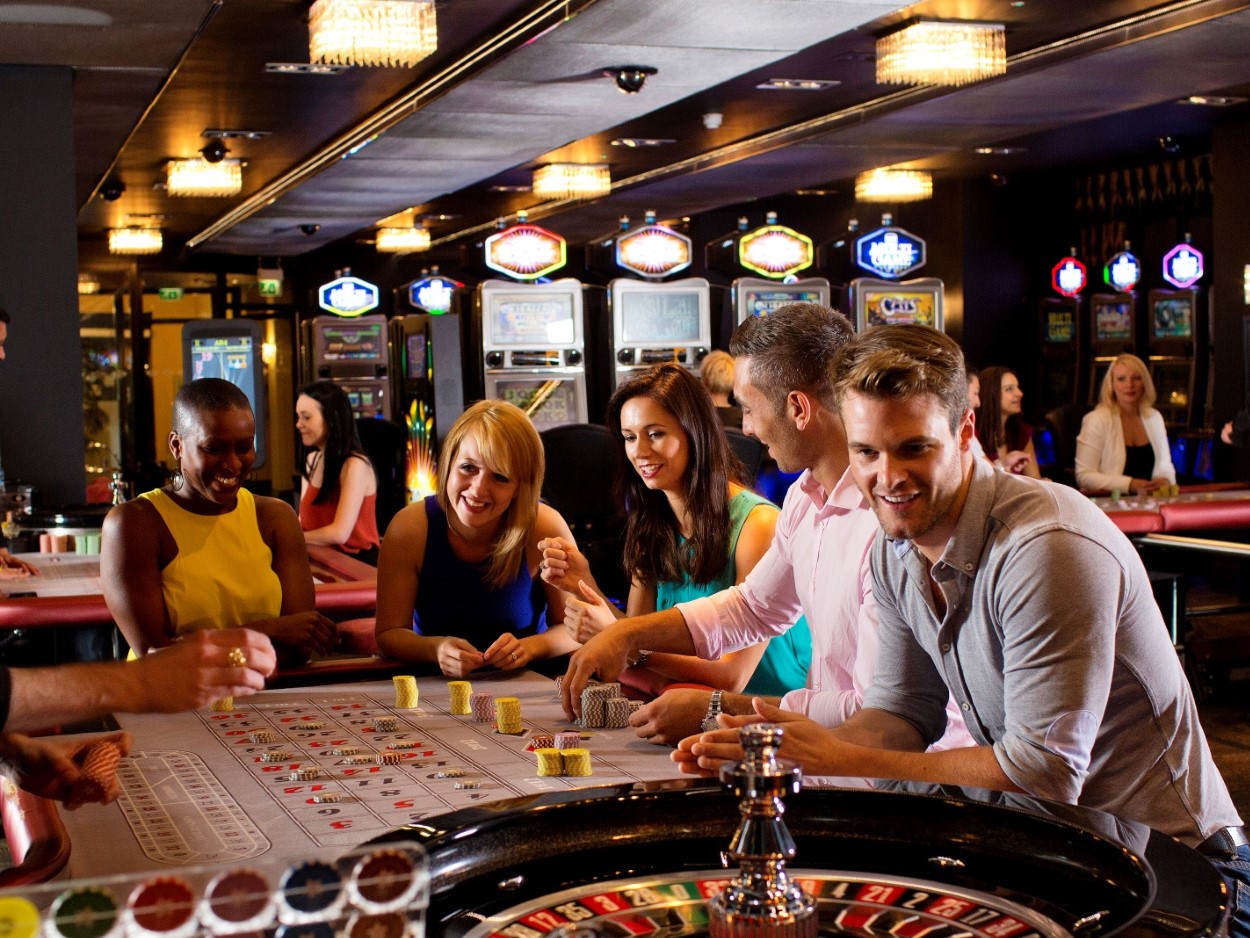
Casino games have long been a significant aspect of human culture, offering not just entertainment but a intriguing reflection of our dreams, wishes, and anxieties. From the rotating wheels of a slot machine to the tactical play of poker, these games encapsulate a range of human sentiments and incidents. At their core, casino games are more than a chance to earn cash; they are a reflection of life itself, where risk versus reward intertwine and fortunes can change in an eye blink.
As players convene around tables or sit in front of vibrantly illuminated machines, they engage in a ceremony that transcends mere gambling. These games mirror our innate desires for connection, excitement, and the pursuit of luck. They also reveal deeper truths about human behavior, such as our relationship with luck and the thrill of risk. In exploring casino games, we discover not only the mechanics of play but also the rich tapestry of the human experience, showcasing our woven narratives of aspiration and reality.
The Psychology of Gambling
Gambling is intrinsically connected in human psychology, appealing to various feelings and wants. ww88 The thrill of taking risks is a core aspect that draws players in, be it it’s excitement of spinning a roulette or the anticipation of drawing a winning hand in a poker game. This rush of adrenaline is often compared to other forms of excitement, as the unpredictability of outcomes triggers a distinct psychological response. Players often find themselves captivated by the possibility of striking it rich, leading to an irresistible draw toward gambling games.
Additionally, a crucial component of the psychology behind gambling is the concept of optimism and ambition. Participants often indulge in dreams of financial freedom and the luxurious lifestyle that can accompany winning. This hope fuels their continued participation in casino games, as it provides a sense of meaning and the conviction that a transformative win could be just one wager away. The story of beating the odds and achieving success resonates with many, reinforcing their commitment to play and engage with these games.
Lastly, social aspects play a crucial role in gambling psychology. Casino environments are designed to promote social interaction, where gamblers gather to share the experience of wins and losses. This shared aspect not only enhances enjoyment but also affects behavior, as individuals often mimic the actions of others in their vicinity. The collective approval found in mutual thrill can enhance the emotional experience, making casino games a reflection of not just personal desires but also shared involvement within the gambling community.
## The Dual Nature of Risk and Reward
Casino games embody the delicate balance between risk and gain that resonates profoundly with human psychology. The rush of placing a bet is often accompanied by a jolt of energy, as players are confronted with the chance of a huge payout, yet fully aware of the possibility to lose. This twofold experience reflects a fundamental aspect of life: the choices we make often come with inherent risks, and the chase for gain can push us to make risky moves we might not typically consider. In this way, casino games echo real-world decisions, enticing players to risk not just their capital, but also their dreams.
The allure of jackpot prizes and winnings fuels a feeling of positivity, motivating gamblers to dream of a better future that could arise from a fortunate turn of the roulette or flip of a card. This positive outlook can compel individuals to engage in greater risks, pushing them to push their boundaries in search of economic benefit. However, just as in life, the outcomes of these decisions can lead to both triumph and despair. The stories of both jackpot winners and those who have lost everything at the tables demonstrate the chaotic nature of luck and its consequential effect on our existence.
Ultimately, the experience of engaging with gambling activities serves as a vivid illustration of the human condition. Every session played is loaded with the tension of uncertainty, as players weigh the gains against the risks. This balance not only highlights the thrill that comes with gambling but also unveils the vulnerabilities that come with the desire for more. As we explore the complexities of decision-making and consequence in both the casino and in life, we find that the search for benefit shapes our identities and journeys in significant manners.
Society and Solitude in Casino Culture
Gambling environment is a distinct combination of communal engagement and personal endeavor, reflecting the dualities of individual experience. Gamblers often come together around games, sharing in the excitement of the game, celebrating wins, and sympathizing over losses. This communal aspect is essential, as it creates a sense of belonging and camaraderie among diverse groups of people. Regular visitors to gaming establishments may form friendships and develop routines, turning the casino into a alternative home where they experience linked to a greater community of gamblers.
However, the appeal of casino activities can also result to isolation. As players become immersed in the thrill of gambling, they may isolate from personal connections or fail to interact with the world outside the casino. For some, the search of a windfall can overshadow real relationships, leading to loneliness. The situation of being surrounded people yet feeling solitary is not rare, as the focus shifts from shared enjoyment to the individual concerns of each player’s path.
This interplay of community and isolation creates a vivid tapestry that defines gaming atmosphere. It showcases the intricacy of social interactions, where joy and despair coexist. Gambling venues serve as both a refuge for social interaction and a platform for individual challenges, demonstrating how intimately connected our yearning for companionship and the individual quest for wealth can be. In navigating this landscape, players confront their own stories—seeking both the thrill of the wager and the fellowship of other gamblers, eventually mirroring the broader spectrum of human experience.



